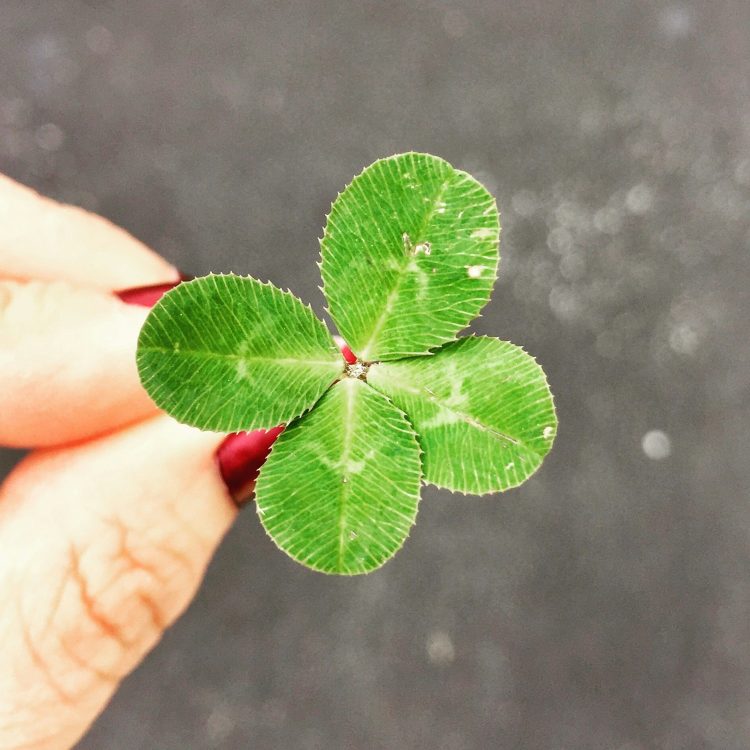Luck Today: A Matter of Chance or Choice?

and harness this elusive force. Is luck merely a capricious whim of fate, or can it be influenced, cultivated, or even created? In this exploration of luck, we will delve into the psychological, philosophical, and scientific perspectives on this enigmatic phenomenon.
The Psychology of Luck
Our perception of luck is deeply rooted in our psychology. Cognitive biases and heuristics often shape our understanding of chance events. The “hot hand fallacy,” for instance, leads us to believe that a streak of success implies continued fortune, while the “gambler’s fallacy” suggests that a losing streak will inevitably be followed by a win. These cognitive distortions can significantly impact our decision-making and risk-taking behaviors.
Furthermore, our beliefs about luck can influence our outcomes. Studies have shown that individuals who believe they are lucky tend to be more optimistic, resilient, and proactive. This positive mindset can create opportunities and attract favorable circumstances. On the other hand, those who perceive themselves as unlucky may be more prone to pessimism and self-doubt, potentially hindering their success.
The Philosophy of Luck
Philosophers have pondered the nature of luck for centuries. Some argue that luck is an intrinsic part of the universe, an unpredictable force beyond human control. Others contend that luck is a subjective experience, shaped by our interpretations and values.
The concept of free will versus determinism also intersects with the question of luck. If our choices are predetermined, then luck might be seen as a mere illusion. Conversely, if we have genuine free will, then our actions can influence the likelihood of fortunate or unfortunate events.
The Science of Luck
While luck may seem like a purely metaphysical concept, science has shed light on some of its underlying mechanisms. Research in the fields of probability, statistics, and behavioral economics has revealed patterns and trends in seemingly random events.
For example, the study of chance has shown that the distribution of random outcomes often follows predictable patterns. This understanding can be applied to various fields, from gambling to investing. Additionally, research on human behavior has demonstrated the impact of decision-making, risk-taking, and social networks on outcomes that are often attributed to luck.
Creating Your Own Luck
While we cannot control the roll of the dice or the spin of a roulette wheel, we can influence the conditions that create opportunities for luck to unfold. Here are some strategies for increasing your chances of experiencing good fortune:
- Cultivate a Growth Mindset: Believe in your ability to learn and improve. This mindset empowers you to take on challenges and view setbacks as opportunities for growth.
- Develop a Positive Outlook: Optimism attracts positive energy and helps you see possibilities where others see obstacles.
- Build Strong Relationships: A supportive network can provide emotional support, practical assistance, and valuable connections.
- Take Calculated Risks: Stepping outside of your comfort zone can lead to unexpected rewards.
- Be Prepared: Opportunities often favor those who are ready to seize them.
- Practice Gratitude: Focusing on what you have can increase your overall sense of well-being and attract more positive experiences.
Luck and Culture
Different cultures have varying beliefs and attitudes towards luck. Some cultures place a strong emphasis on fate and destiny, while others prioritize personal effort and perseverance. These cultural differences can shape individuals’ perceptions of luck and their approaches to life’s challenges.
Conclusion
Luck is a complex and multifaceted phenomenon that defies easy explanation. While chance undoubtedly plays a role, our thoughts, beliefs, and actions can also significantly impact our experiences of fortune or misfortune. By understanding the psychology, philosophy, and science of luck, we can develop a more nuanced perspective and take steps to increase our chances of experiencing positive outcomes.





